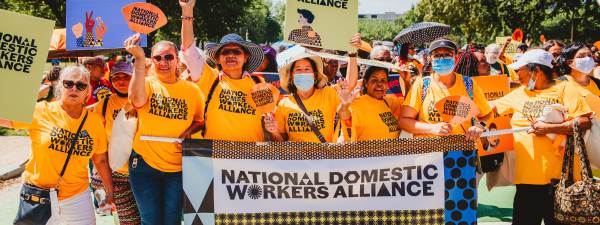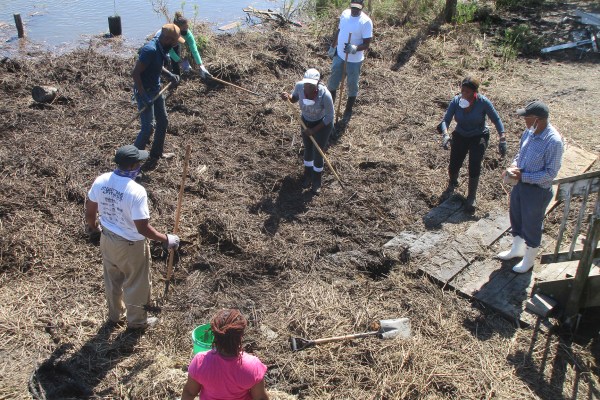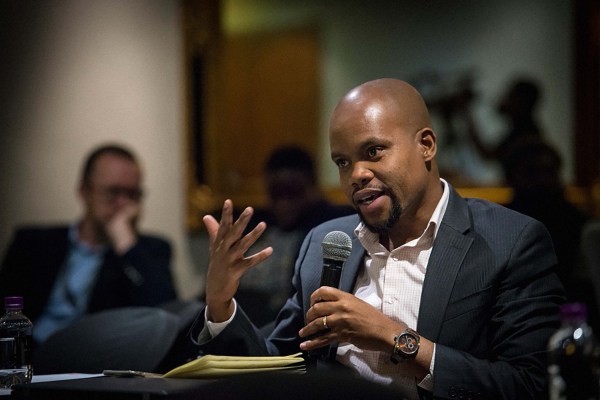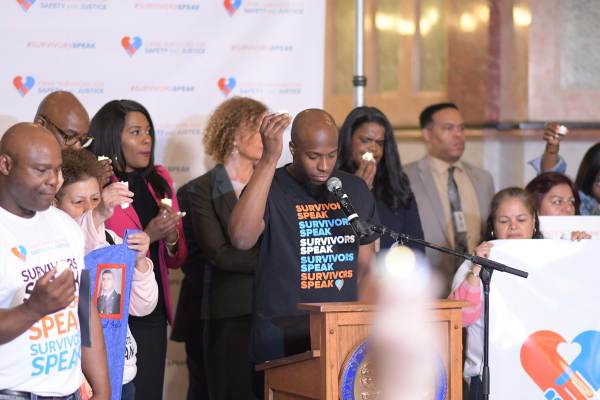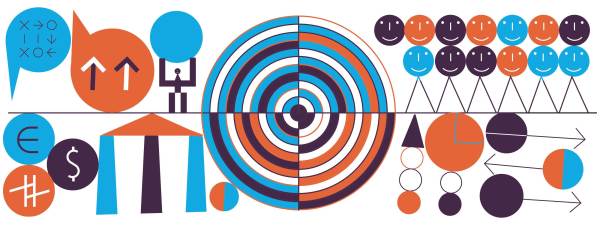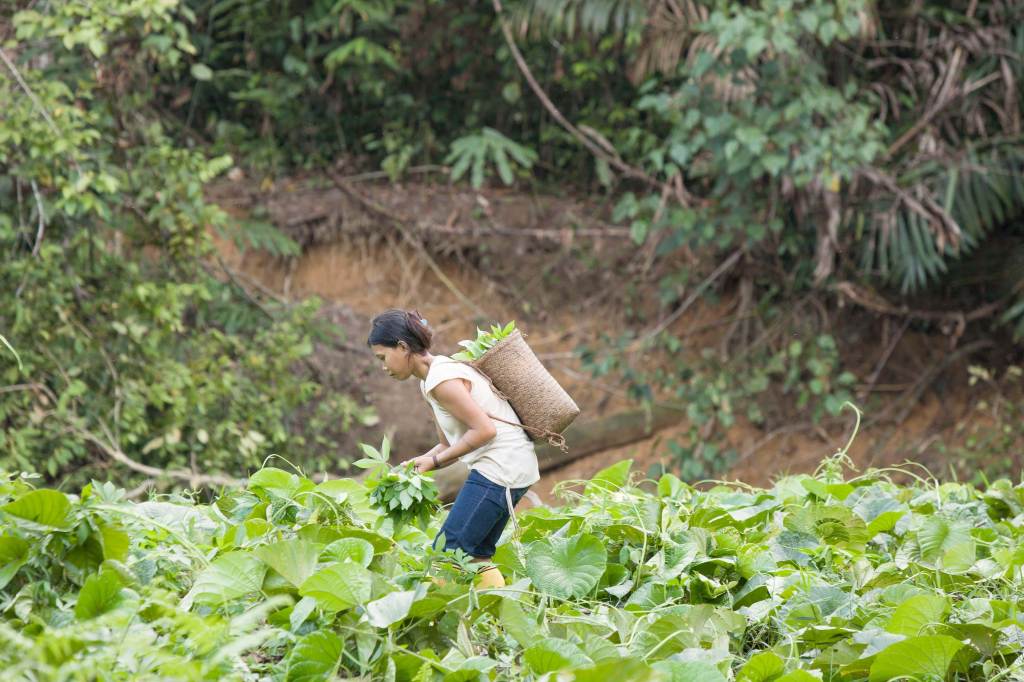
Indigenous peoples in Indonesia live under increasing threats to their land and sovereignty due to deforestation and the extraction of natural resources. A bedrock of support for them is AMAN, which represents over 2,000 Indigenous communities across the archipelago—more than 17 million people across 21 regional chapters. With national headquarters in Jakarta, AMAN advocates for their rights at the government level and provides technical and financial support to local chapters to protect the Indigenous way of life through community service, storytelling, and education programs. AMAN, an organization funded under our Natural Resources and Climate Change program, is also part of the Global Alliance of Territorial Communities, which advocates for Indigenous people globally and positions them as key to fighting climate change.
In 2017, AMAN received a Building Institutions and Networks (BUILD) grant from Ford. BUILD, modeled on trust based philanthropy, provides five years of flexible funding, along with an array of tools, to help make organizations stronger and more resilient. AMAN used this funding to make transformational changes to its operating systems that proved vital during COVID-19. Rukka Sombolinggi, secretary general of AMAN, explains BUILD’s impact in her own words and by translating those of her colleague, Eustobio Rero Renggi, deputy secretary general of AMAN on organizational affairs.
Accessibility Statement
- All videos produced by the Ford Foundation since 2020 include captions and downloadable transcripts. For videos where visuals require additional understanding, we offer audio-described versions.
- We are continuing to make videos produced prior to 2020 accessible.
- Videos from third-party sources (those not produced by the Ford Foundation) may not have captions, accessible transcripts, or audio descriptions.
- To improve accessibility beyond our site, we’ve created a free video accessibility WordPress plug-in.
AMAN’s members are spread across Indonesia. How did BUILD help support this organization model?
From our experience, BUILD has contributed significantly to changes in how we operate. We are more consolidated and able to reach our members outside major cities. We are able to drive all of our branches to have their own plans. They have their own agenda. They have their own priorities.
BUILD provides flexible general operating funds. We have almost no other funders offering this kind of support, support that can be used for whatever we might need. So because of BUILD, we are able to provide monthly support to our organization chapters across Indonesia.
BUILD helped AMAN improve its technology and communication systems. What were the main changes you made?
In terms of communication infrastructure, we are always told that Indigenous peoples are so behind in terms of access to digital communication. BUILD has allowed us to fill that gap. We provided access to the internet. We provided a computer and access to communication for our branches and members in remote areas. Internal communications between our chapters spread across the country was a huge challenge for us. These digital tools made us more cohesive as an organization.
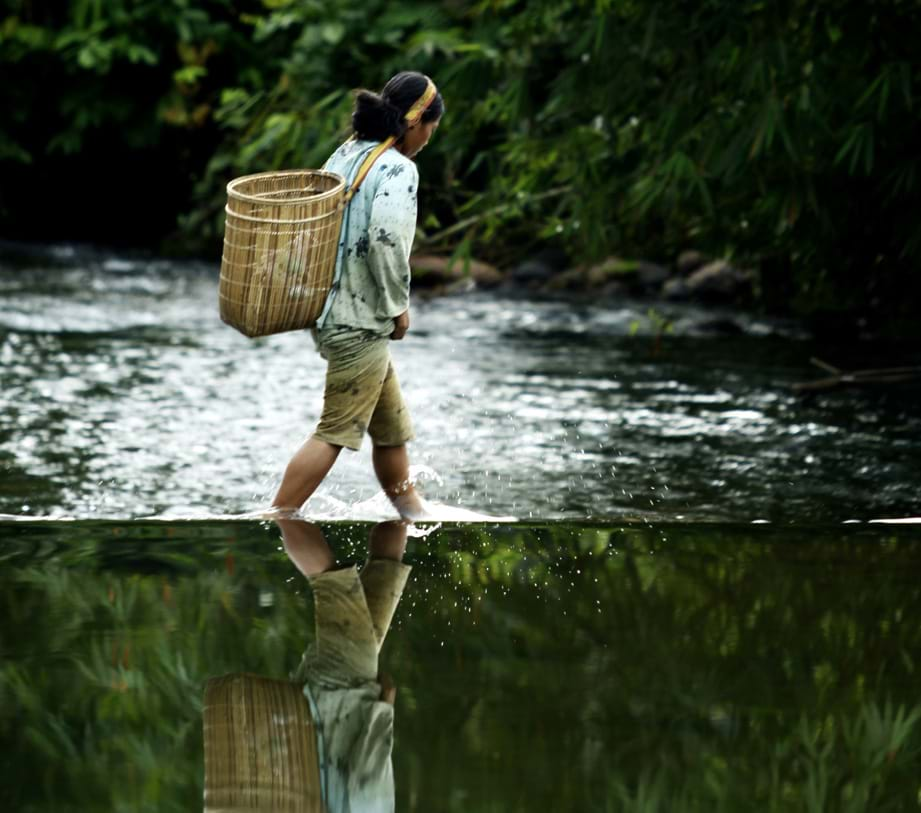
Many of the 17 million Indigenous people in AMAN’s network across Indonesia are guardians of their land. Protecting the Indigenous way of life preserves forests and is key to fighting climate change.
How did COVID-19 affect AMAN?
In March of 2020, 600 people from across the country came to our national meeting in Jakarta, but they all had to be sent home before the meeting could start due to the lockdown. We spent a month not being able to operate as we normally would—but it could have been much longer if we hadn’t set up our digital infrastructure with BUILD. Within three months, we were able to host a virtual version of our national meeting. And this included all of our counselors, many of whom are our elders without technology experience, but we supported them and brought them into our digital world.
By the fall, we were having daily meetings online. People gather in person in their community and then meet with us in Jakarta virtually. More than 1,000 people engage with us online. We were able to run our training sessions in capacity building, finance management and leadership, and put our 84 Indigenous schools online. And we are even able to have our celebrations, such as Indigenous peoples’ day, AMAN’s anniversary, and more online.
These days, we have open Zoom hours and people just pop in and say, “Hi, how are you doing?” We tell stories. We chat. We build community. We need that solidarity, especially during this difficult time. It’s been kind of like collective healing for us.
Has the pandemic helped your work in any way?
It’s been an opportunity to strengthen the Indigenous narrative. The government didn’t have to provide food for us during the pandemic. They just needed to care for the people in the city. And now everybody sees that the city is one of the most unsafe places in a pandemic situation. The safest place is actually Indigenous land. Before, people often would say to us, “Why are you so defensive of your Indigenous territory? What is this life? You are supposed to go out in the city and have proper jobs.” Now they realize the value of our way of life.
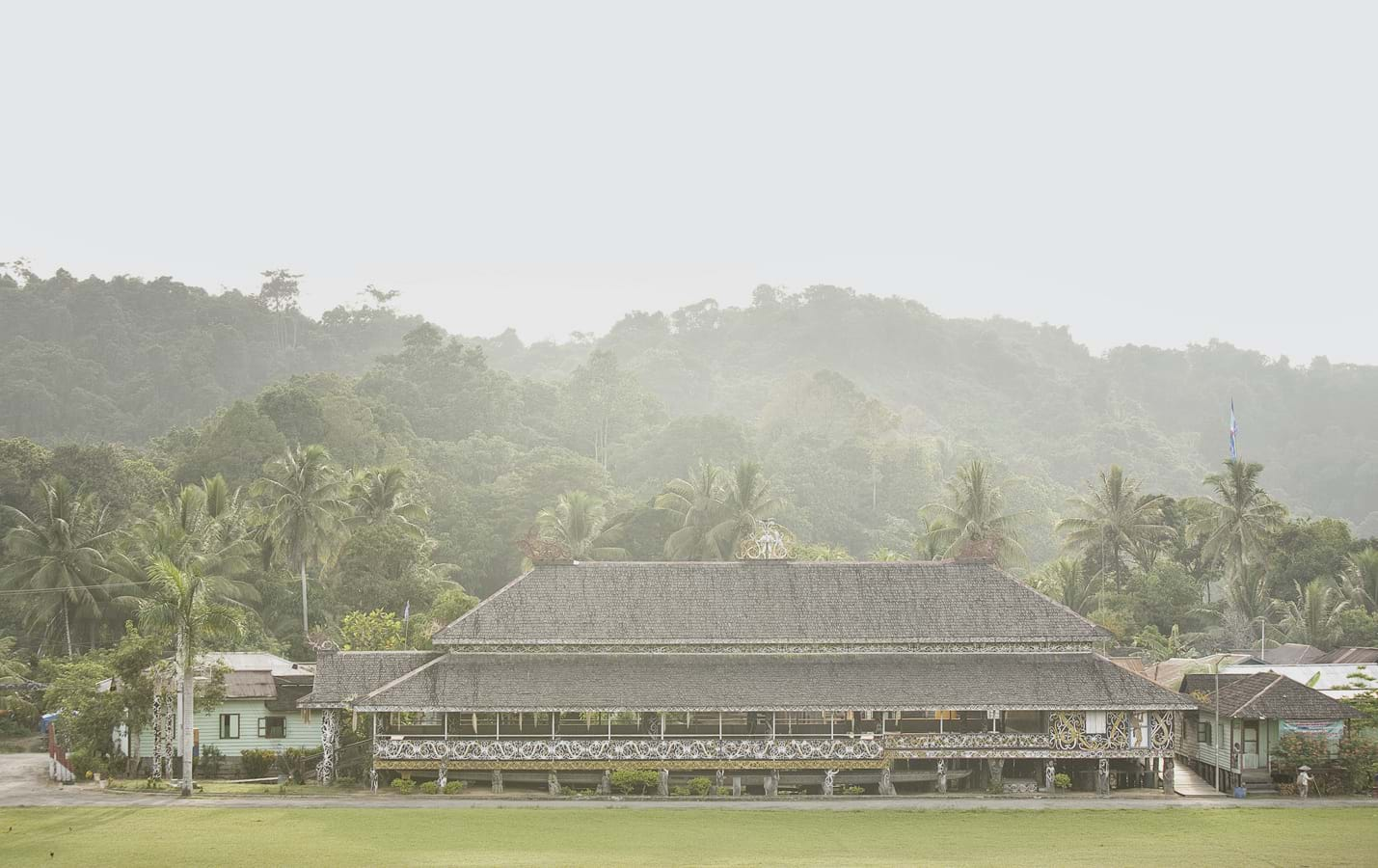
AMAN supports Indigenous people across the Indonesian archipelago, helping them grow food and natural medicine, educate their community, and retain sovereignty over their land.
How has BUILD affected AMAN’s overall outlook?
Most donors are not flexible; they’re very strict. With BUILD, we feel that we are an equal partnership with Ford whereas some donors treat grantees like slaves. We need to be able to not only do projects that donors want us to do, but also be able to strengthen our organization and leaders. Donors that only support certain projects and not overhead put us in a position where we can’t afford to run our office. If we didn’t have BUILD we would be spending all of our time struggling, figuring out how to squeeze out money, cent by cent, so we could pay for our food every day. It’s because of BUILD’s flexible, long-term funding that we are able to successfully implement projects funded by other donors. We hope more donors will adopt programs like BUILD.

